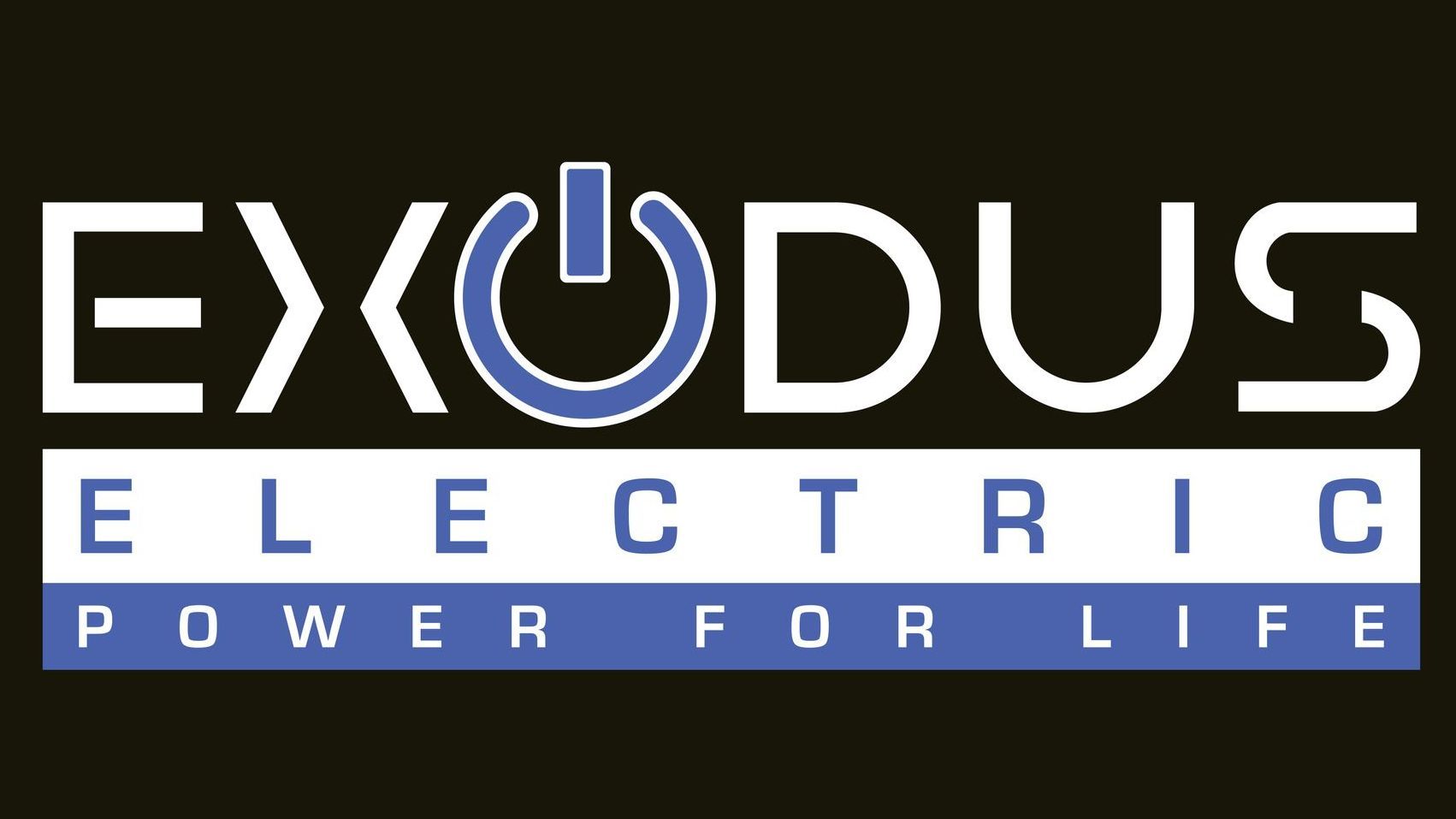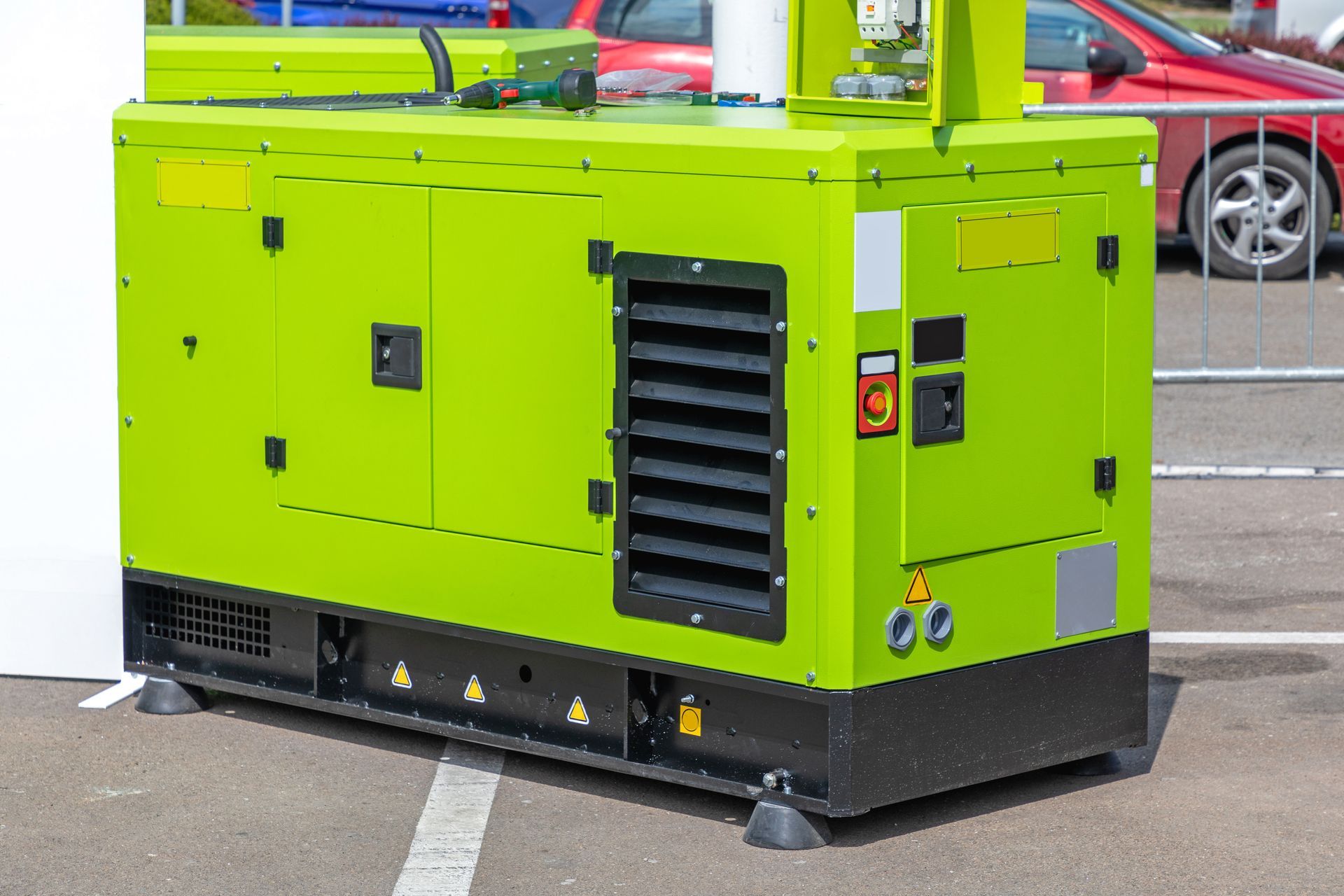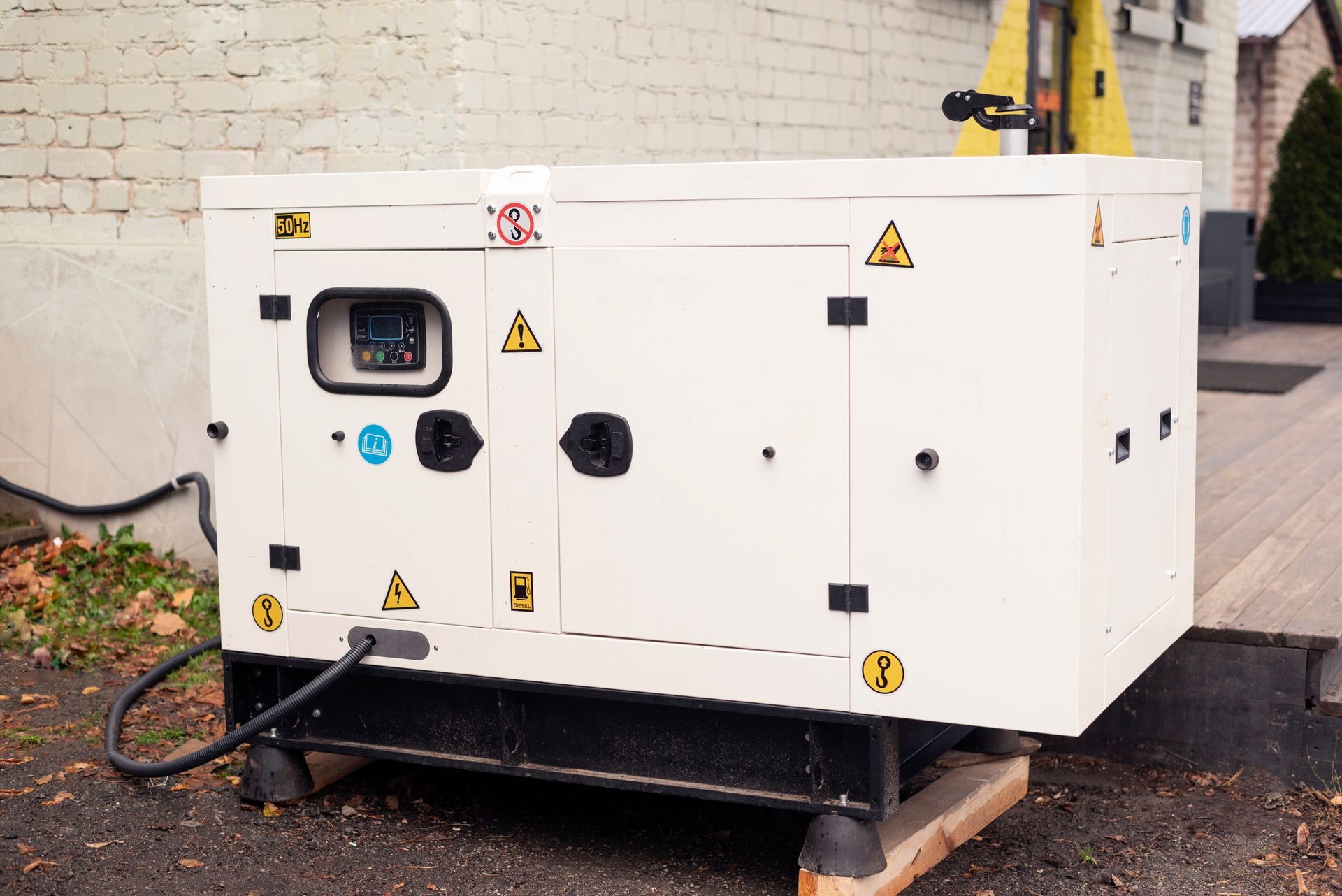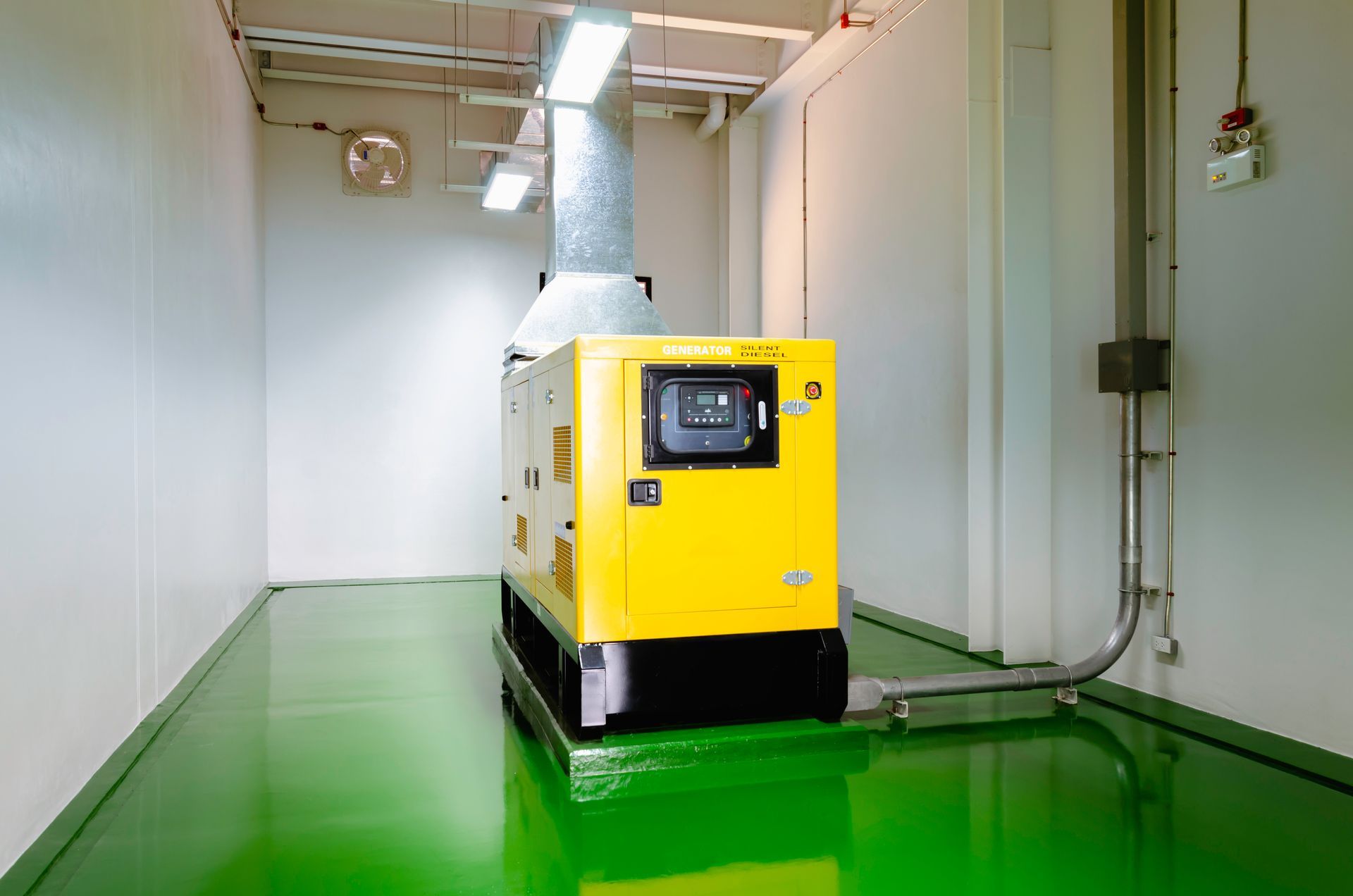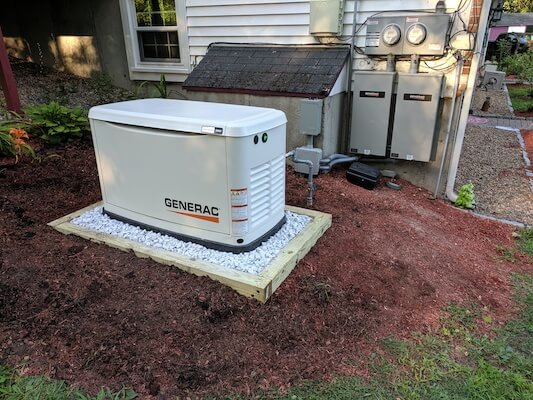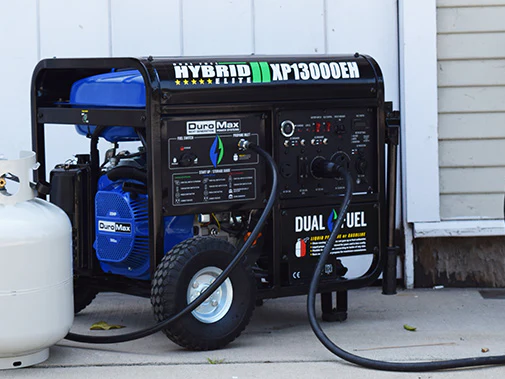EXODUS ELECTRIC
How to Maintain Your Generator for Optimal Performance
A generator is like a silent hero. It sits quietly in the background until the lights flicker off and everything in your home or business goes dark. Then, with a low hum, it springs to life, saving your frozen food, powering your AC, and keeping your business from grinding to a halt. But here’s the catch: your generator will only be there for you if you take care of it. Proper generator maintenance is the difference between a smooth-running backup system and one that coughs, sputters, and fails at the worst possible moment.
In this guide, we’ll walk you through how to maintain your generator for peak performance, the most common generator repair issues, and why professional generator installation and follow-up care are worth every penny.
Why Generator Maintenance Is More Important Than You Think
Owning a generator without maintaining it is like owning a car and never changing the oil. It might run for a little while, but when you need it most, it will leave you stranded. Regular generator maintenance ensures your system works when the power goes out.
Here’s why maintenance matters:
- Reliability: Your generator should kick on instantly when the power cuts. Neglected maintenance can lead to costly delays.
- Longevity: Routine care can add years to the life of your system.
- Cost Savings: Preventing small issues now avoids expensive generator repair later.
- Safety: Proper maintenance prevents fuel leaks, overheating, and other dangerous problems.
Skipping maintenance might save you time in the short term, but the first time your power goes out and your generator won’t start, you’ll wish you had given it the attention it needed.
Basic Generator Maintenance Tasks Every Owner Should Know
You don’t have to be an electrician to perform some basic maintenance tasks. While professional service is still necessary, here are a few things you can do:
Run It Regularly
Generators like exercise too. Run your unit for 20 to 30 minutes once a month to keep the engine parts lubricated and the battery charged.
Check the Oil
Just like your car, your generator’s oil level needs regular attention. Always keep it topped off and change it on schedule.
Inspect the Battery
Batteries die quietly. Check the battery connections, clean off corrosion, and replace the battery when it shows signs of weakness.
Examine Air Filters
Dirty air filters can choke your generator and reduce efficiency. Clean or replace them as needed.
Look for Leaks
Fuel or coolant leaks are a red flag. If you spot one, call for professional generator repair immediately.
Even if you’re a DIY enthusiast, don’t push it too far. For more complex tasks, call in a professional who can ensure your system is running safely and efficiently.
Professional Generator Maintenance: Why It Matters
While DIY tasks are helpful, professional maintenance is where the real magic happens. Think of it as a routine doctor’s checkup for your generator.
When you schedule professional service, a licensed technician will:
- Perform a Complete Inspection: They’ll check every component, from wiring to fuel systems, to catch hidden problems.
- Test the Transfer Switch: This is the mechanism that signals your generator to turn on when the power fails. If it doesn’t work, you’re left in the dark.
- Replace Worn Parts: Belts, hoses, and other small components wear down over time. A pro knows what to look for and replace.
- Update Software and Controls: Modern standby generators often have digital controls that may need updates.
- Verify Compliance with Safety Standards: Professional inspections ensure your unit is safe and up to code.
Professional generator maintenance gives you peace of mind, knowing that when you need backup power, your system is ready to deliver.
Common Generator Repair Issues You Can Avoid With Proper Maintenance
Even with the best care, generators sometimes need repair. But with consistent maintenance, you can avoid most of these common issues:
- Battery Failure: The most common problem. Without a functioning battery, your generator won’t start.
- Fuel Problems: Old or contaminated fuel causes clogs in the system.
- Coolant Leaks: Overheating leads to breakdowns and costly repairs.
- Engine Wear: Lack of oil changes and filter replacements will wear out the engine faster.
- Electrical Failures: Worn wires or faulty connections prevent the generator from delivering power.
The good news? Regular maintenance significantly reduces the chances of these issues. It’s like going to the gym—you might not love it, but the payoff is worth it.
How Generator Installation Affects Long-Term Maintenance
Believe it or not, how your generator is installed plays a big role in how easy it is to maintain. A sloppy installation can lead to constant headaches, while professional generator installation sets you up for success.
Here’s why proper installation matters:
- Correct Sizing: If your generator is too small, it will be overworked and wear out faster. If it’s too large, you’ll overspend on fuel and maintenance.
- Safe Placement: Placement ensures proper airflow, reduces noise, and prevents overheating.
- Proper Fuel Connections: Incorrect fuel connections can lead to leaks and dangerous conditions.
- Ease of Access: A professional will install your generator in a location that makes ongoing maintenance easier.
In other words, the better the installation, the fewer problems you’ll face later.
Call Exodus Electric for Generator Maintenance in Brandon & Tampa, FL
Keep Your Generator Ready for Every Storm
Your generator is only as good as the care you give it. At Exodus Electric, we specialize in professional generator maintenance, generator repair, and generator installation for both homes and businesses in Brandon, Tampa, and the surrounding areas. Our team makes sure your generator is reliable, efficient, and always ready to kick in when you need it most.
In addition to our generator services, we also provide commercial electrical work like lighting repair, parking lot lighting, and exit lighting installation and repair, as well as residential electrical services for homeowners. Call us today at (813) 444-4445 and let us keep your backup power system in top condition year-round.
FAQs
How often should I schedule generator maintenance?
At least once a year, though some manufacturers recommend every six months depending on usage.
Can I handle generator maintenance myself?
Basic tasks like checking oil and running test cycles can be DIY, but professional service is recommended for full inspections.
What’s included in professional maintenance?
A complete inspection, battery testing, oil changes, fuel system checks, and transfer switch testing.
How long do generators usually last?
With proper care, a standby generator can last 15 to 20 years or more.
Why won’t my generator start during an outage?
The most common culprits are a dead battery, old fuel, or skipped maintenance. Regular checkups prevent these surprises.
